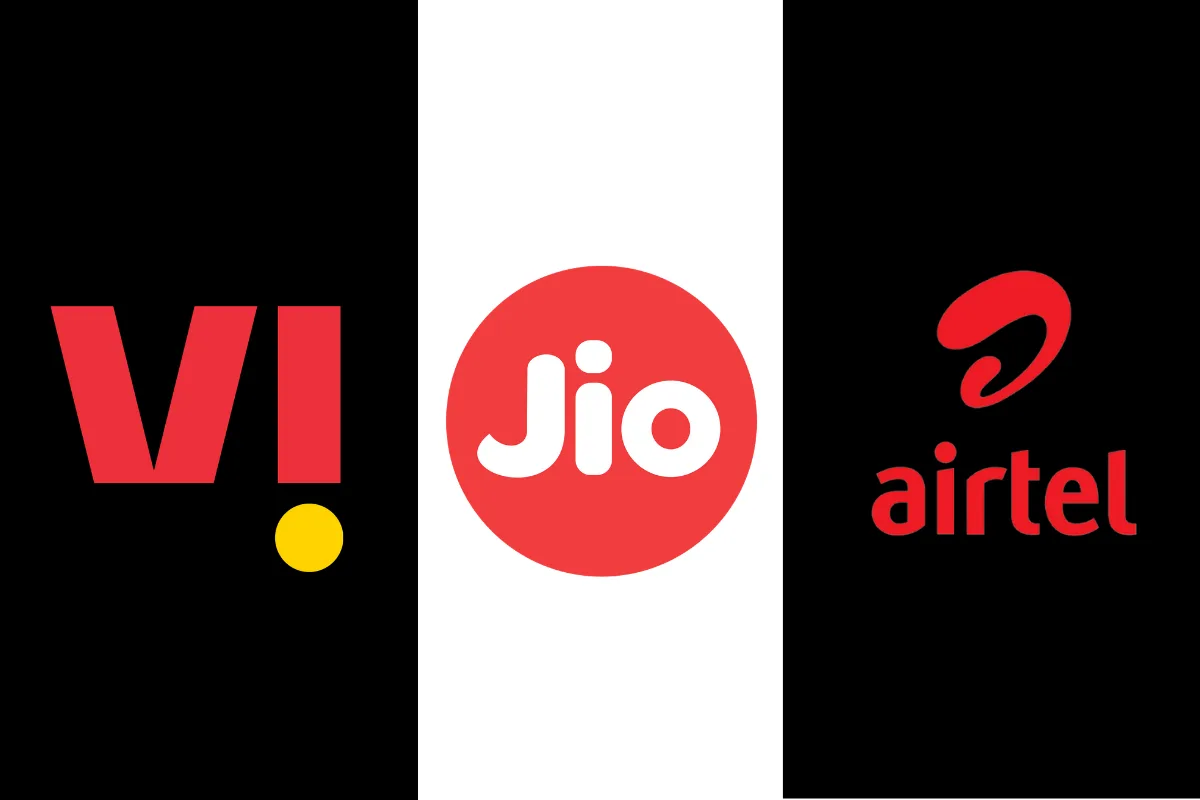
One of the telecom operators in India which benefitted plenty from the tariff hikes without hiking the tariffs was BSNL (Bharat Sanchar Nigam Limited). The state-run telecom operator kept its prices the same while the private telcos hiked the prices of their plans. This led consumers to leave the networks of the private telcos and get a BSNL SIM, resulting in new subscribers for BSNL in the short term. However, that benefit is slowly going away for BSNL.
Read More - BSNL to Upgrade 2910 2G/3G Towers in Gujarat to 4G: Minister
Vodafone Idea CEO already confirmed during Q2 FY25 investors call that the subscriber churn rate towards BSNL is reducing and is going back to how it was. Now, IIFL Securities said in a research note that the subscriber churn data shows that the churn rate is reducing for the telcos for customers going to BSNL.
BSNL can't match up with the quality of the network services that private telcos are offering. That won't change any time soon. Even when BSNL deploys 1 lakh 4G sites, it simply won't be able to compete with the network services of the private telcos in terms of coverage and network capacity. The technology that the private telcos are using is super high in quality and modern. Further, the private telcos have more funds to go against the competition, which BSNL doesn't.
Read More - Jio AirFiber 100 Mbps Plan Best Offers Detailed
Even when the customers are getting mobile plans at a discounted rate with BSNL, they eventually end up using the services of the private telcos. This is simply because of the quality of network services. BSNL has plans to deploy 1 lakh 4G sites by mid-2025. Along with that, in 2025, the telco is looking to roll out 5G for customers.
For now, BSNL has been adding wireless customers, but that will change soon as users realise that they would rather spend a little more than get poor quality network.















